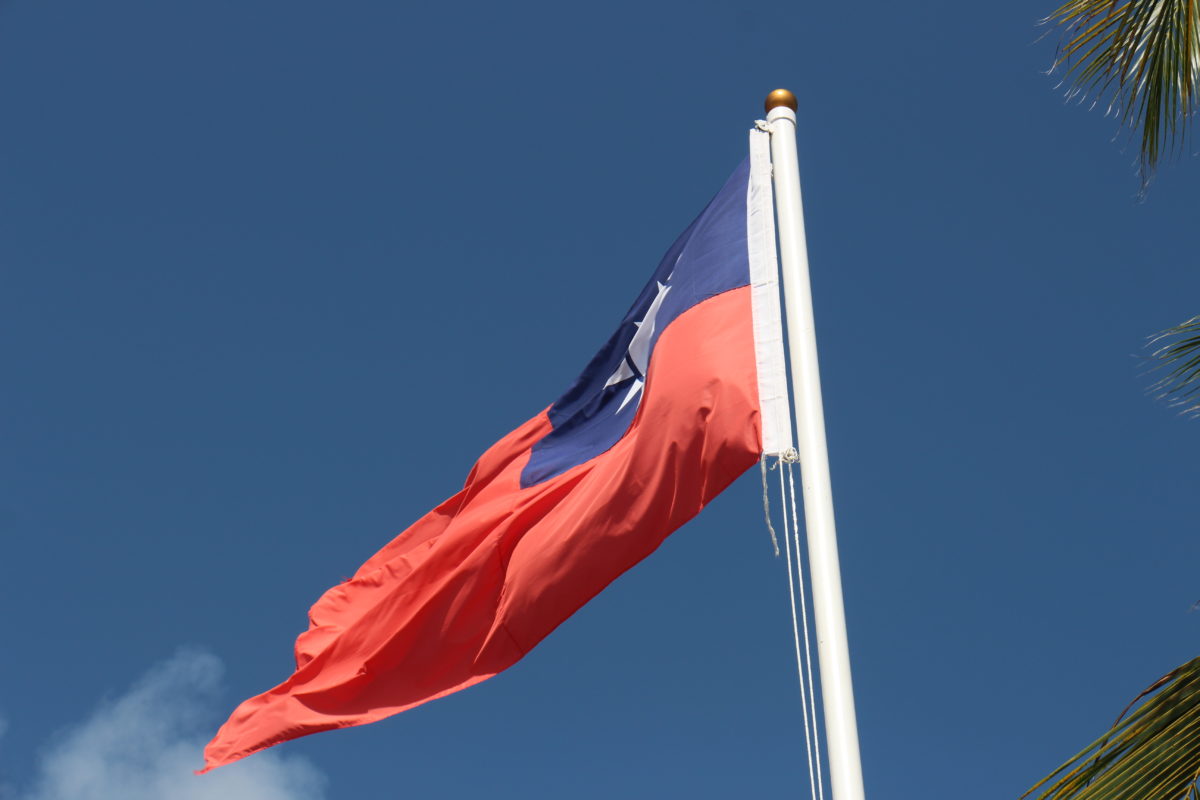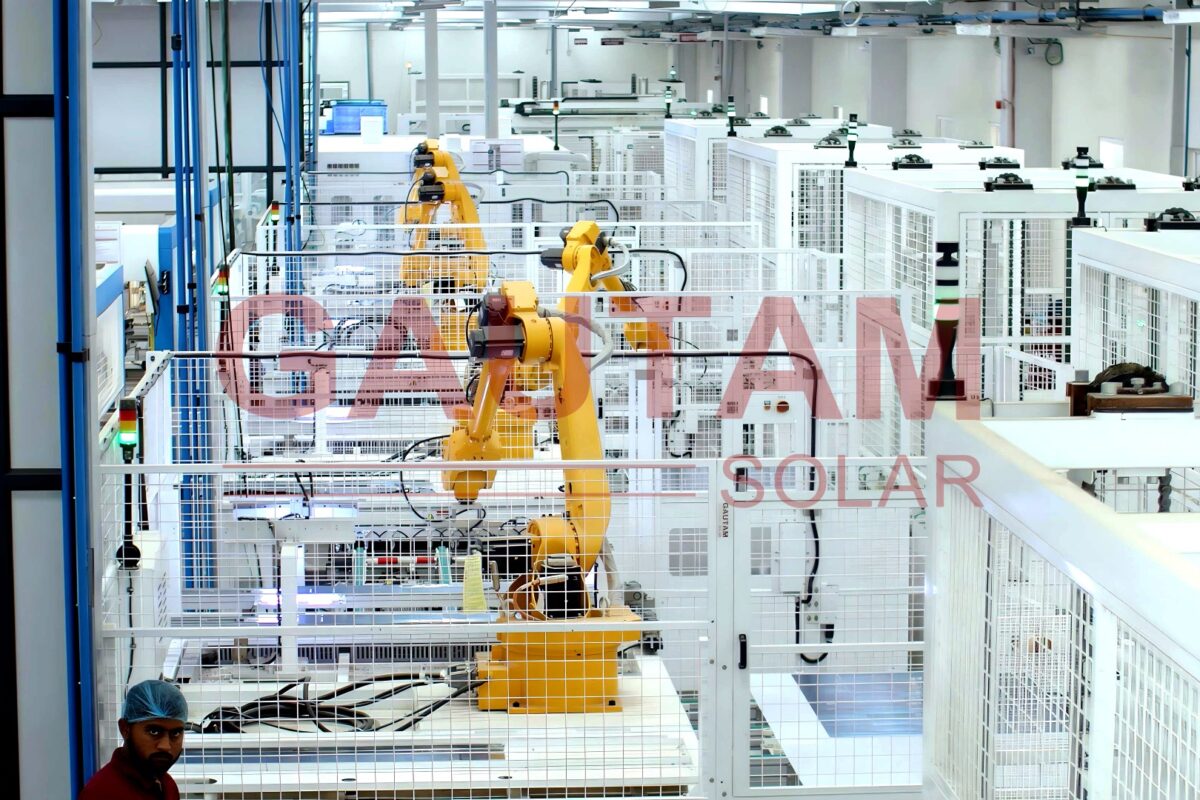Taiwan is India’s third largest PV components supplier, next only to China and Malaysia. In 2017, India imported around US$100 million worth (2.23%) of PV components from Taiwan. Together, the three countries account for more than 90% of the total solar panel and cell shipments to the country.
Taiwan is a target of India’s safeguard tariffs, as it is not a developing country. It mainly exports high-tier PV cells to India, which will be affected significantly by the protective tariff, unlike Taiwan-made PV modules, the export of which to India is quite limited, due to their higher specifications and prices, according to EnergyTrend, part of market intelligence provider, TrendForce.
Being an exporter of PV components to India, Taiwan sees a substantial interest in the matter. In its communication to the WTO, Taiwan cited the objective of the consultation as “exchanging views on the proposed measures and reaching an understanding on ways to achieve the objectives set out in the World Trade Organization (WTO) Agreement on Safeguards.”
Taiwan seeks to hold consultations “as soon as possible and looks forward to India’s positive response to this request,” reads the WTO notification, accessed by pv magazine India.
Consultations under the safeguard agreement are seen to build up mutual understanding via exchange of opinions, and do not fall under WTO’s dispute settlement system.
Sometimes, however, the exporting countries may secure compensation for potential damages the tariffs may cause, such as loss of revenue. In a similar case earlier this year, China and the European Union (EU) joined Taiwan and South Korea in requesting consultation with the United States over the introduction of 30% graduated tariffs on the latter’s imports of solar cells and modules.
As an alternative supply strategy to offset damages through tariffs, some Chinese companies have started setting up their production facilities in the target country. For instance, JinkoSolar, the largest Chinese solar company in terms of shipments, is investing $140 million to build a production facility in Florida, the United States.
This content is protected by copyright and may not be reused. If you want to cooperate with us and would like to reuse some of our content, please contact: editors@pv-magazine.com.









By submitting this form you agree to pv magazine using your data for the purposes of publishing your comment.
Your personal data will only be disclosed or otherwise transmitted to third parties for the purposes of spam filtering or if this is necessary for technical maintenance of the website. Any other transfer to third parties will not take place unless this is justified on the basis of applicable data protection regulations or if pv magazine is legally obliged to do so.
You may revoke this consent at any time with effect for the future, in which case your personal data will be deleted immediately. Otherwise, your data will be deleted if pv magazine has processed your request or the purpose of data storage is fulfilled.
Further information on data privacy can be found in our Data Protection Policy.